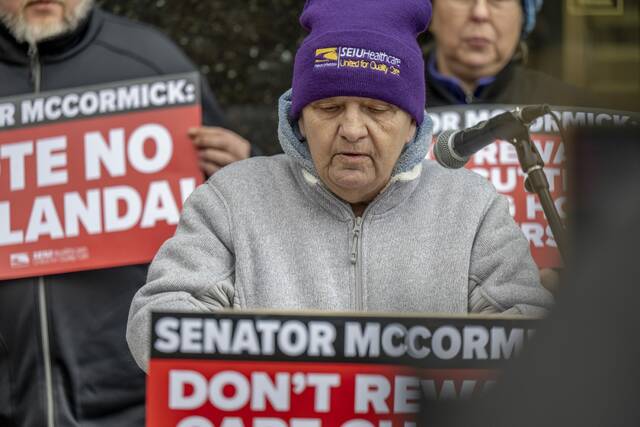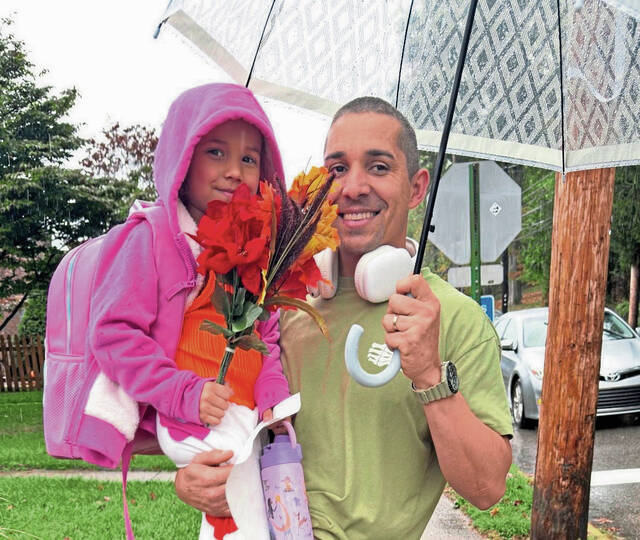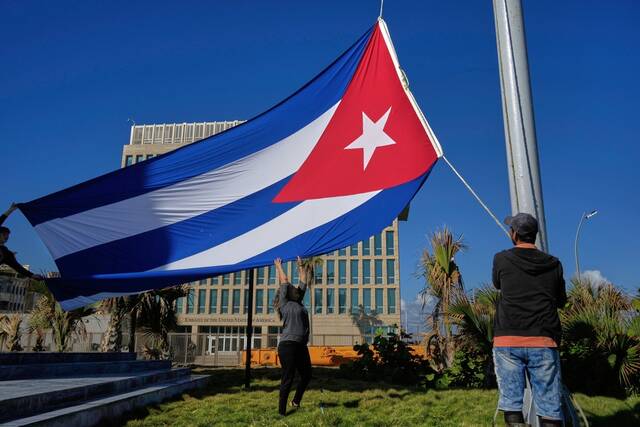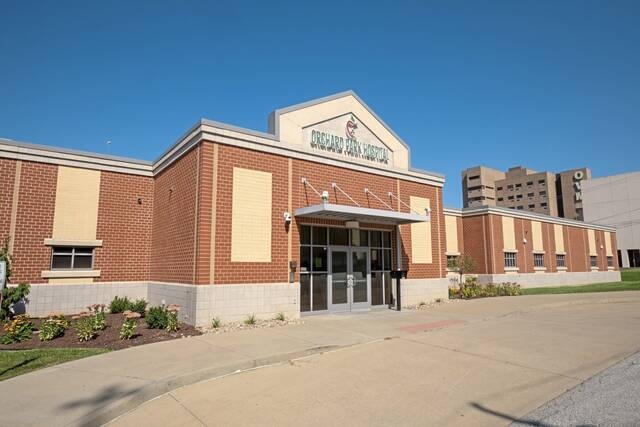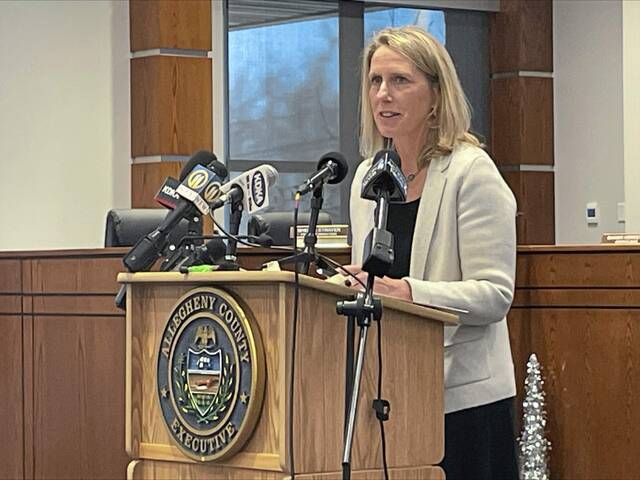Pittsburgh Mayor Ed Gainey’s transition team released a report Thursday outlining 69 recommendations to address pressing city issues in four key areas, ranging from immediately creating a new process for hiring the next police chief to offering paid internships for Pittsburgh students.
“We want this document to be the roadmap for the Gainey administration and our community,” said Angel Gober, chair of the transition team and director of One PA.
Gainey, who is not bound by any of the recommendations, received the report Thursday. He said he did not have a timeframe in which he hoped to implement any of the recommendations.
“It’s a report that we want to make a living document,” Gainey said. “This is not the end, it’s the beginning.”
The 120-page document was broken into four key areas: equitable development, education and workforce development, infrastructure and environment and community health and safety.
Each of the four key areas had a corresponding committee to oversee that section of the report and offer recommendations. Each recommendation includes an outline as to how it can be achieved.
The community health and safety committee, chaired by Wasi Mohamed, senior policy officer for the Pittsburgh Foundation, includes 19 recommendations to “reimagine” the Department of Public Safety.
“New leadership is needed to ensure the (chief) is committed to the new vision for public safety and being a leader in its implementation,” the committee wrote. “This process should be implemented immediately.”
Other recommendations include using alternative responses for situations in which “an armed police response does more harm than good,” and diverting people charged with low-level offenses away from the justice system.
The equitable development committee, which offered 16 recommendations, was charged with making sure that development across the city “responds to our communities’ priorities.”
Recommendations include designing a new vision and trajectory for the city’s housing authority, though the committee notes that “late-term appointments and reappointments by the previous mayor” mean Gainey’s options for appointments are limited.
The committee called for current housing authority board members to give up their seats.
“Time is of the essence in addressing the affordable housing crisis and implementing Mayor Gainey’s vision of housing opportunity for all,” the committee wrote. “As such, board members of conscience should volunteer their resignations so the new mayor can build a team committed to his vision.”
Other recommendations include dedicating a specific amount of city revenue for permanently affordable housing and using public land to create that housing.
The education and workforce development committee, which offered 14 recommendations, searched for “actionable steps” through which to invest in inclusive education, skill-building and jobs.
The committee called for the development of an Office of Education Opportunity by the end of 2023. The office would, among other things, act as a liaison between Pittsburgh Public Schools and city government and work to secure internships, after-school jobs and summer jobs for students in city departments.
Another recommendation calls for the mayor’s office to “re-envision the current tax abatement policies and tax exemptions” to make sure that development projects benefit the community in which the development is located.
“Many cities have embraced a development strategy that involves investing large public subsidies in big-ticket items such as new stadiums, entertainment districts and convention centers in downtown areas,” the committee wrote. “While these projects may increase entertainment and tourism spending in one part of town, the benefits don’t always reach out into neighborhoods.”
The committee focusing on infrastructure and environment came up with 20 recommendations, all focused on finding ways to improve environment health services, environmental justice, sustainability and transportation.
Most of the recommendations are common-sense strategies that take broad efforts to enact: address air quality problems, track and report threats to drinking water, maintain ecological health, reduce litter and blight, and align and accelerate climate action plan implementation, among others.



